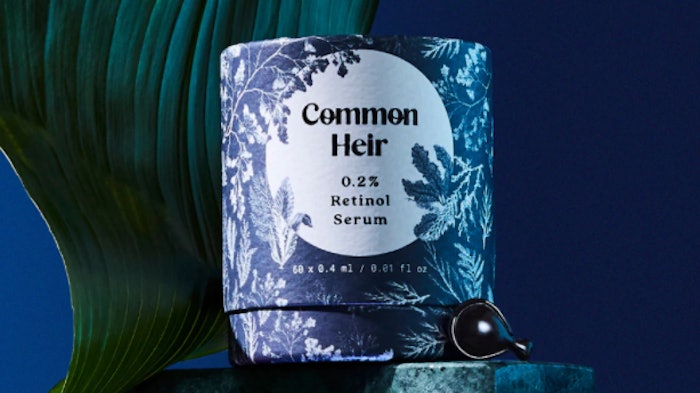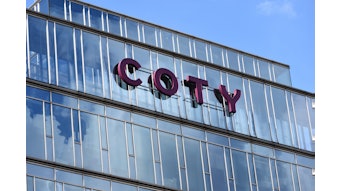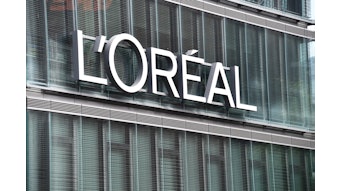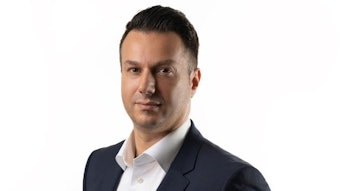
Less than one year post-launch, plastic-free brand Common Heir has raised $2.5 million from Trousdale Ventures, Mucker Capital and other "strategic partners." The brand has also launched its second product, the 0.2% Retinol Serum.
The new funding reportedly required 100 conversations with investors, many of whom wondered whether consumers truly care about sustainability.
The answer appears to be yes. Common Heir has reportedly achieved six-figure sales in its first nine months, driven by its partnership with Credo (Common Heir participated in the 2020 Credo for Change mentorship program). The brand has since added staff to support innovation, R&D, and marketing.
Following up on its 10% Vitamin C Serum, Common Heir has now launched its 0.2% Retinol Serum, which was developed with melanin-rich and sensitive skin in mind.
Each jar features 60 biodegradable vegan capsules filled with a formulation that comprises retinyl linoleate for smoothed, renewed skin; plant-derived squalane for moisturization, reduction in appearance of fine lines and promotion of a healthy microbiome; Astragalus for boosting collagen and treating blemishes and inflammation; algae oil for hydration and moisture for a healthy skin barrier; and Spilanthes acmella for antioxidant defense, reduction of the appearance of wrinkles and smoothing of skin.
Report: Beauty 2021-2024 Decoded
In six weeks, 88% of users said their skin felt firmer, nourished and replenished, while 79% saw an improvement in their dark spots, skin clarity and wrinkles, per the brand.
True to its plastic-free ethos, the new serum's empty capsules can be thrown out or melted down in a glass jar with boiling water. All shipping materials can be recycled with typical household recyclables, including the capsules' tube.
“We raised funding to invest in innovation to bring our vision of inclusive and sustainable luxury beauty to life, finally pay ourselves a living wage and secure a talented team to help us,” said Cary Lin, co-founder and CEO of Common Heir. “Building an innovation-led brand is expensive, because we’re asking our partners and customers to try things they’ve never done before. The narrative of bootstrapping forever should be sharply questioned because it restricts entrepreneurship to certain people. We also wanted to work with the most innovative people and partners and pay them fairly, period.”
“We’re thrilled to have more resources to actually pull off the innovation consumers deserve without passing on more cost to them,” said Angela Ubias, co-founder and chief product officer of Common Heir. “It’s high time for women of color to be helming luxury beauty brands. Last year, as we set out to bring Common Heir to life, we finally saw a chance to reimagine skincare that was, and always will be, developed with folks like us in mind; a brand with formulas that are luxe, clinically-backed and made with carefully selected, innovative ingredients.”









